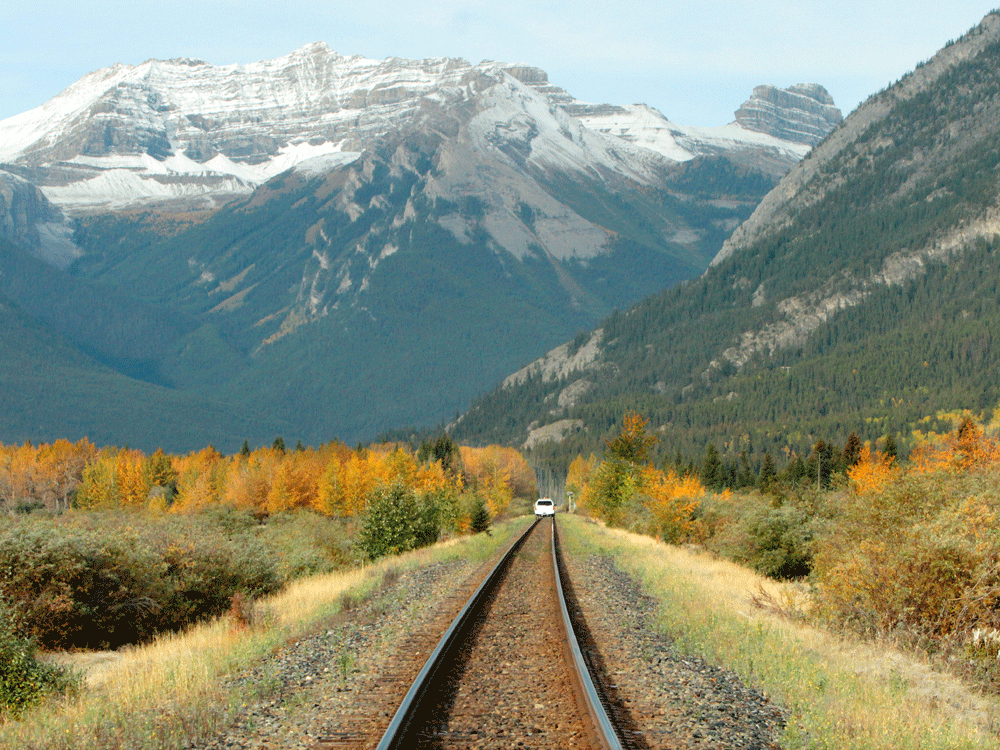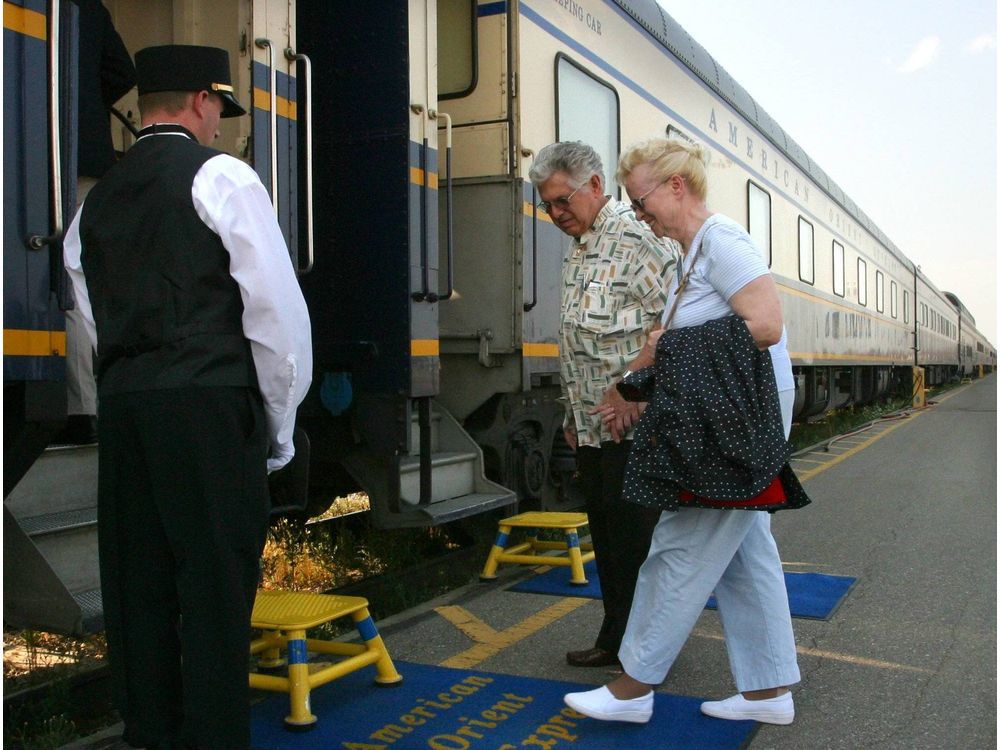darwink
Senior Member
City council won’t be the push on this one. Has to be the province. And no, it isn’t quick and easy since the rail lines are full. Extensive capital improvements would be needed. And it is CP.
City of Calgary has it in their 50 - 75 year plan, in the very distant future, might happen might not.Has there been any inidcation from Calgary City Council that Commuter Rail will ever come? It seems like a relatively quick and easy thing to establish. Just need to negotiate with CN Rail.
A train to Banff is a noble idea, but is it the correct place to start?
On the project side, the case is there. I hope this study confirms and reconfirms assumptions identified in the previous Bow Valley Mass Transit Study, but goes further to beef up their proposal. On the optimistic side, dedicated tracks and possible electricification would be enormous (but unlikely), on the more conservative side something akin to the Union-Pearson express with a bit beefier trains for the Downtown to Banff leg would be reasonable.This would primarily be a provincial/federal investment, so the right place to start is wherever the most political will lies. There's federal interest in creating a less car-intensive experience in Parks. Inner city Calgary still has the potential to elect Liberal MPs which is helpful too. There is some provincial interest as well. Calgary (plus Banff-Kananaskis) have most of the swing ridings in the legislature.
It's a great sign that CIB is at least taking a look at this now. The timing would be opportune for the Liberals to put this in their re-election platform.


The Van Horne Institute estimate for the CPR alternative (upgrading and twinning the existing CPR Right of Way) was $1.7 billion in 2004. Extrapolating the Calgary Bow Valley Mass Transit Feasibility Study cost estimates to the Calgary - Edmonton corridor, I estimate the capital spend to be at least $2.5 billion.I still don't think there has been any material change would make the service any better than the last few iterations of what was cancelled in the 80s, without a massive capital spend.




